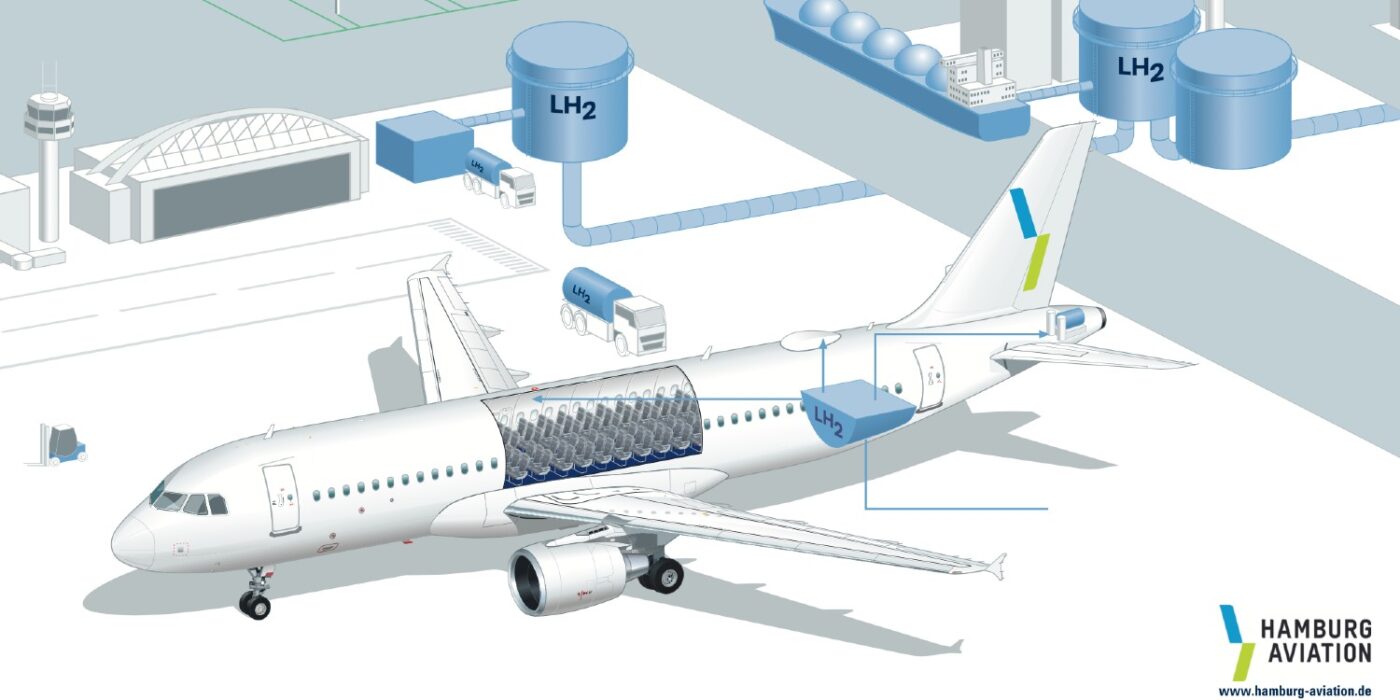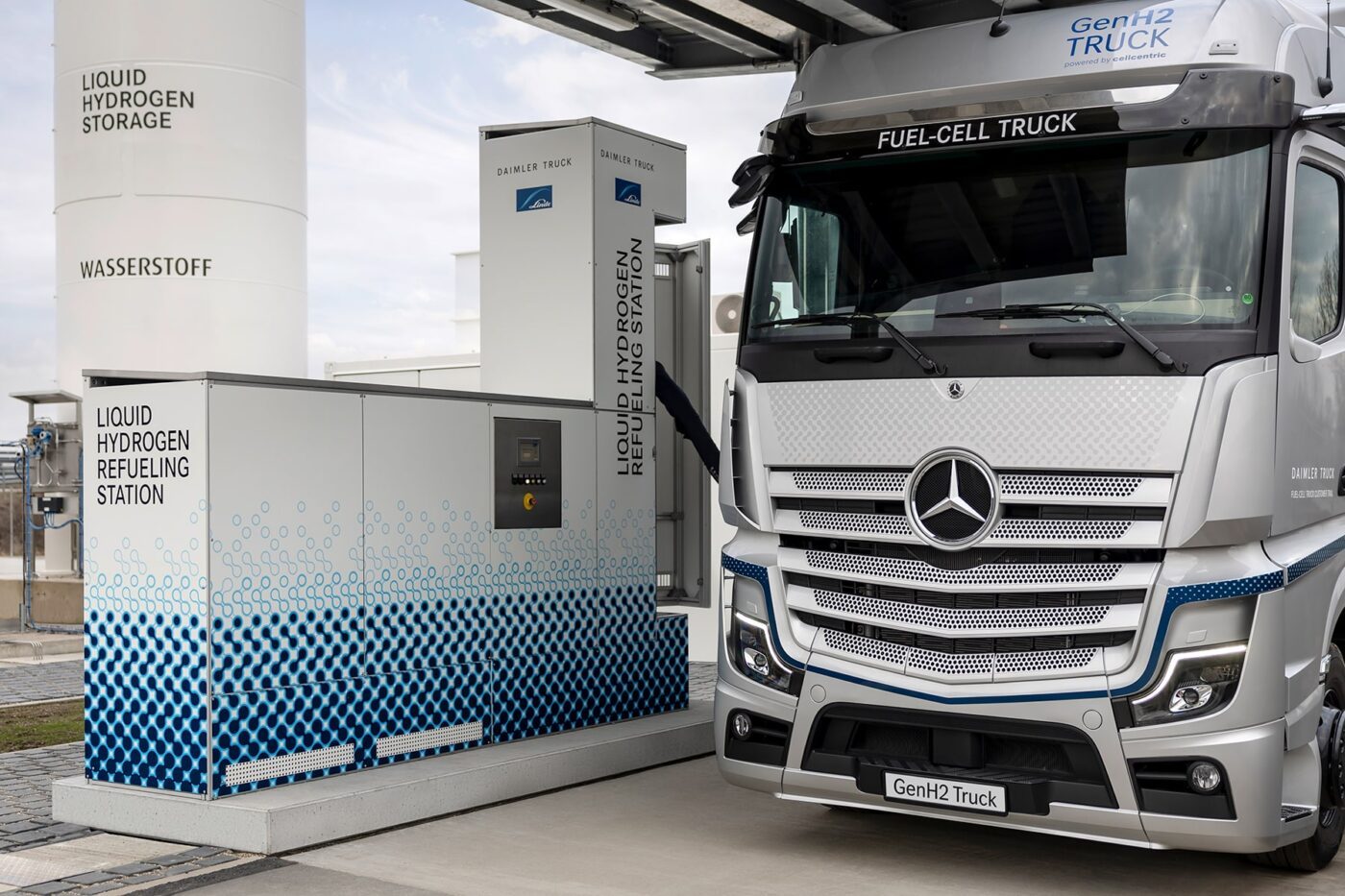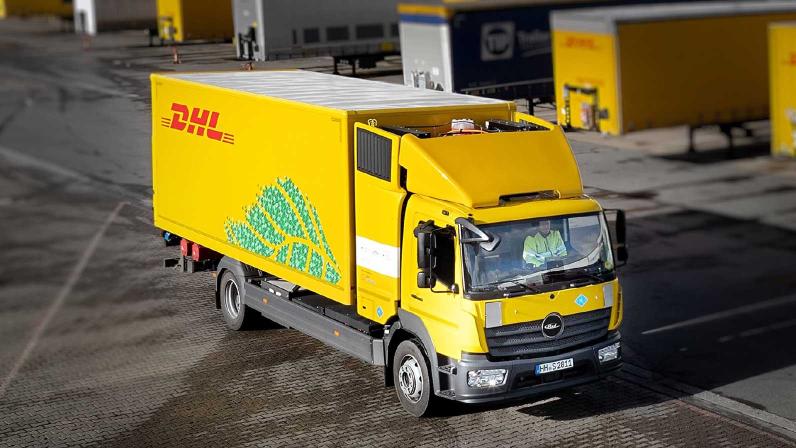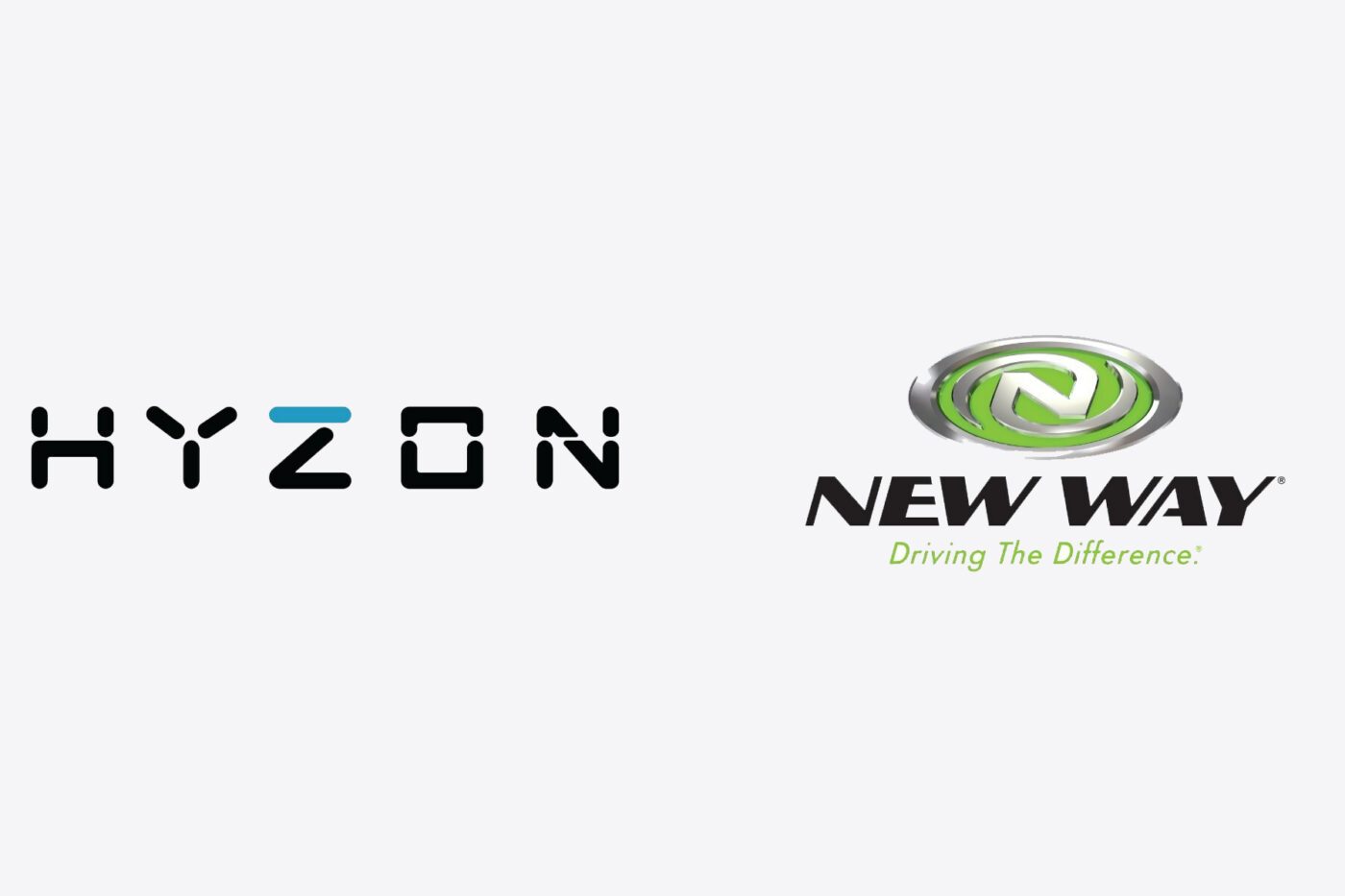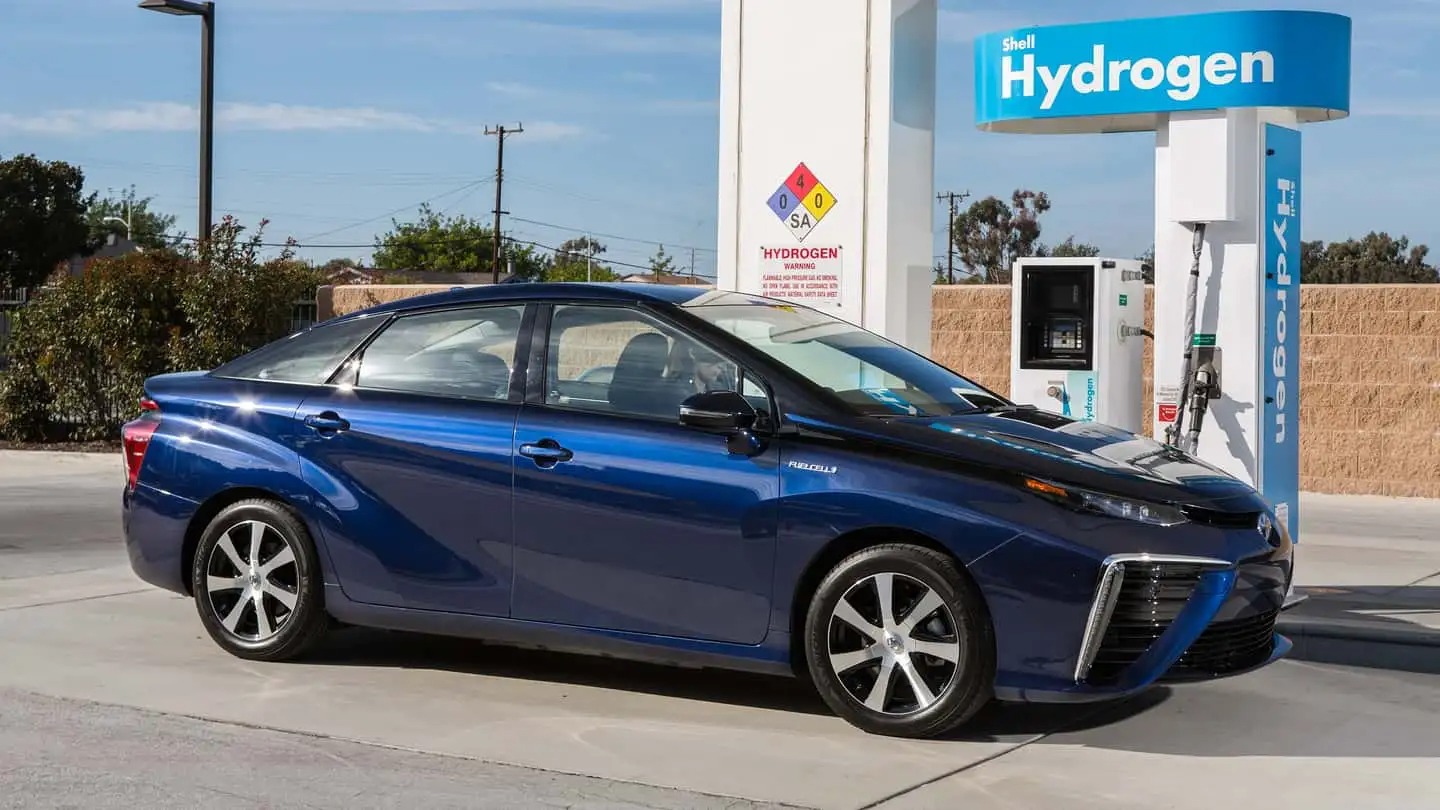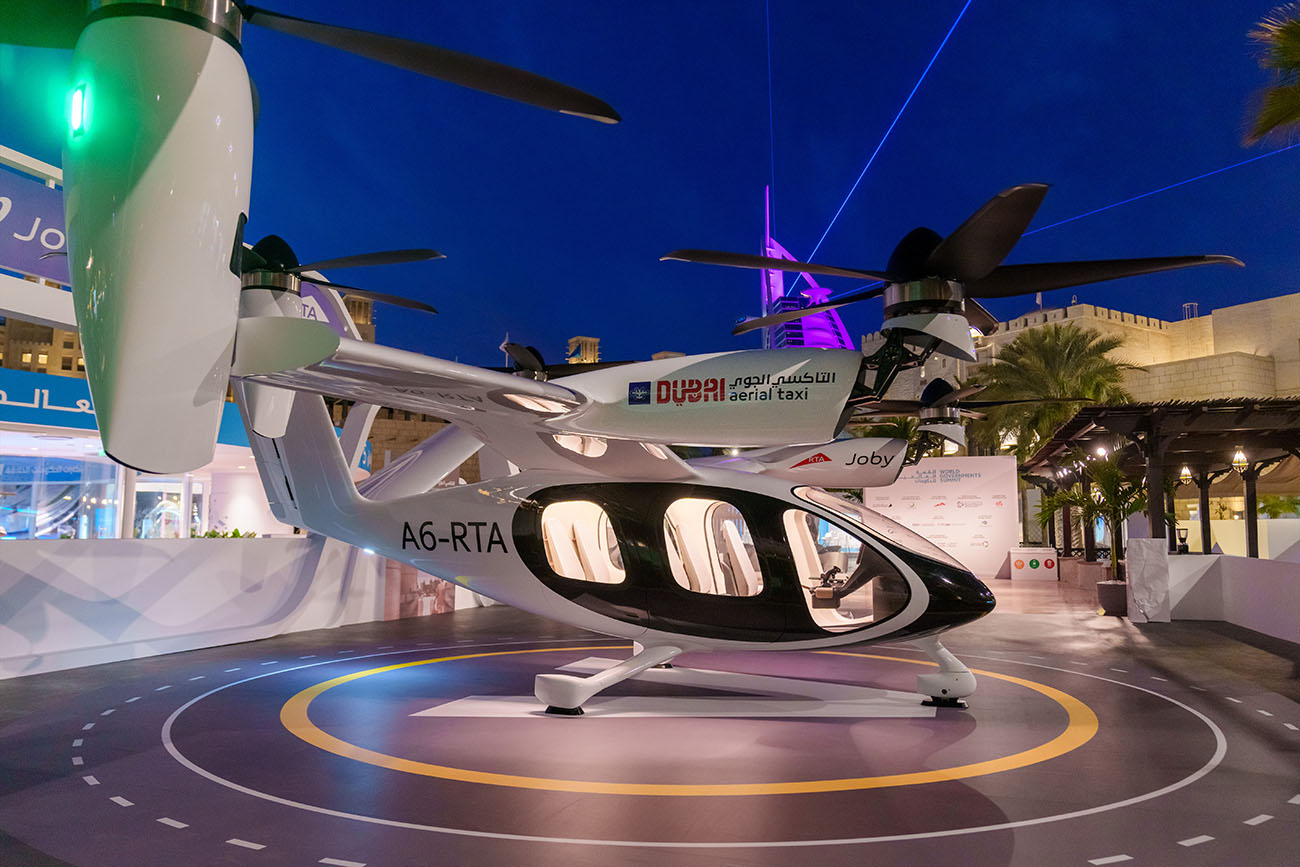The EU-funded project ALRIGH2T has commenced with the objective of developing refueling technologies and processes for liquid hydrogen (LH2) for aviation, aiming to demonstrate the results at two airports in Europe.
Bringing together a consortium of 21 partners from seven EU countries and Israel, the ALRIGH2T project spans a duration of 48 months with nearly ten million euros in funding. The collaborative effort seeks to address the environmental impact of the aviation sector, which contributes 2.5 to 3 percent of total greenhouse gas emissions.
The focus of the project lies in enhancing airport-side infrastructure for LH2-based aircraft engines, irrespective of whether the liquid hydrogen is utilized in adapted aircraft engines or converted into electricity for electric motors by fuel cells. The research encompasses direct refueling methods as well as solutions such as hydrogen tank swapping. Liquid hydrogen, which liquefies at temperatures below -253 degrees Celsius, presents unique challenges in terms of handling and management at airports.
While previous LH2 projects in Europe have analyzed the impact of LH2 drives on ground handling at airports, the ALRIGH2T project aims to address new challenges related to hydrogen management and safety. The Salzburg Aluminium Group, a project participant, emphasizes the importance of overcoming logistical challenges to ensure the safe and efficient delivery of LH2 to aircraft.
Real-life tests are slated to take place at Milan-Malpensa International Airport and a designated “reference airport” in Paris, with a focus on different types of airports. The project underscores the need for technical feasibility and compatibility with established airport processes and safety protocols.
In addition to technical development, the project aims to define new standards and guidelines for the implementation of LH2 refueling systems at airports. The involvement of key partners from Austria, Germany, Switzerland, and Italy, including the Austrian Institute of Technology and the Technical University of Munich, underscores the collaborative effort across Europe.
Led by the Italian National Agency for New Technologies, Energy and Sustainable Economic Development (ENEA), the ALRIGH2T project is part of the European Union’s Horizon Europe programme, reflecting the EU’s commitment to advancing sustainable aviation technologies.

